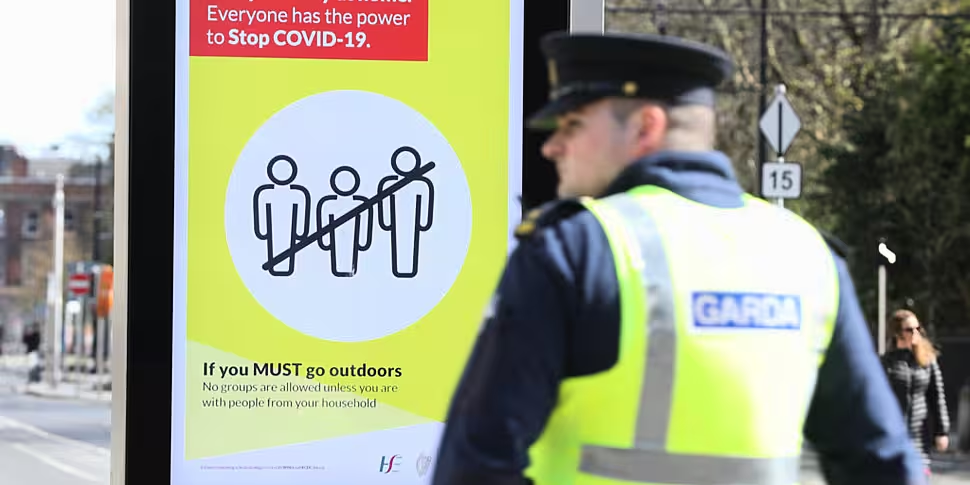A Trinity virologist has said the country may have to reintroduce “some form” of lockdown restrictions in order to tackle the latest surges in COVID-19.
It comes after the highest number of new cases since lockdown was announced on Saturday, with around 1,100 new cases recorded in the past two weeks.
The National Public Health Emergency Team (NPHET) is expected to make new recommendations to Government after it meets this afternoon.
On Newstalk Breakfast this morning, Trinity virologist Dr Kim Roberts said the reintroduction of some restrictions is likely.
“We have transmission of the virus across the whole country so possibly restrictions covering the whole country or extending the restrictions that have been in localised areas so far,” she said.
"Act decisively"
She said it is now time to “act decisively” to tray and take control of the situation before schools reopen and the winter flu season kicks in.
“Potentially we need to restrict the number of interactions that people are having and the number of people that we come into contact with,” she said.
“So, we can either do that as a society sort of voluntarily and understand that we need to stay home more, only go out for essential travel, limit our time on public transport, limit our time in indoor crowded spaces or NPHET are going to have to recommend restriction so that those are imposed upon us, similar to Phase Two.”
She said the Government can make “smarter decisions” in the next phase of the virus response – with no need for the blanket lockdown introduced in March.
“We can think about where transmission occurs and focus on putting restrictions where transmission is occurring,” she said.
“One of the important things at the moment is that we know where the virus is generally.
“What we don’t want to happen is to have community transmission where we lose track of where the virus is and our overstretched public health teams are unable to intervene and break transmission chains.”
Transmission
Dr Roberts said the Government may consider restrictions for the elderly and vulnerable; however, she warned that his could lead to the risk of increased community transmission that would “inevitable spill into vulnerable populations.”
She said the virus still poses significant risks to a “large proportion of our population and that it could cause a significant overload of our public health structures.”
“This virus is not going away and we have to accept that and do everything we can to keep people in our communities safe,” she said.
Schools
She said the reopening of schools can only happen if the virus is reduced to a safe level.
“We need to think about how this virus transmits,” she said. “It likes indoor spaces, it likes crowded spaces, it likes groups of people to be together for a prolonged period of time.
“Those are situations that occur within schools and while there are measures of course in place with the reopening of schools to be safe, if we have transmission in the community increasing, that does worry me about potential clusters in schools and transmission in schools.
“It is not so much that children are likely to have severe infections, it is that children could start contributing to transmission.”
You can listen back here:









